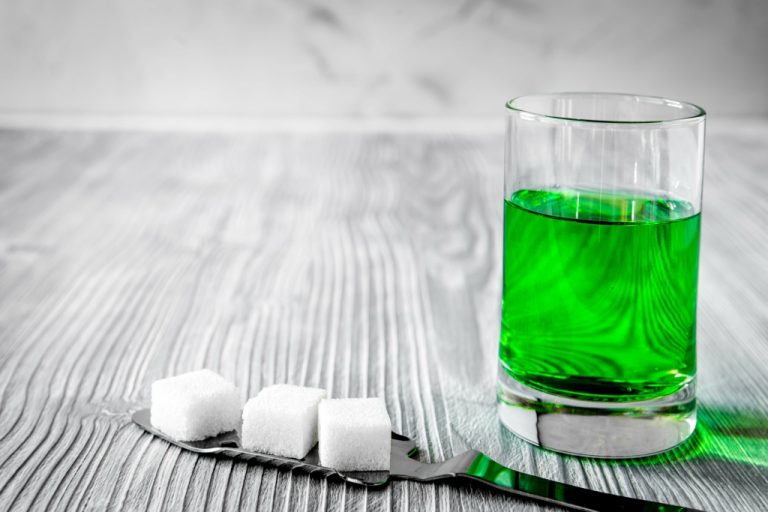Debunking 10 Myths About Drinking Alcohol
Click each of the myths below to show the facts about alcohol. Even if you never drank that much when you were young, you can have problems with drinking as you get older. Over the past two decades, there has been a steady rise in AUDs among those ages 65 and older. What’s http://zdoroviedetey.ru/node/6486 more, people with AUD who are middle-aged and older are at a significantly higher risk for suicide compared to their younger counterparts. American Addiction Centers (AAC) is committed to delivering original, truthful, accurate, unbiased, and medically current information.
Myth: Your insurance will cover the cost if you’re a prime candidate

Even though alcohol can lower your inhibitions, it’s also considered a depressant. This means that alcohol can reduce sex drive and impact a person’s ability to maintain an erection. A 2015 study involving 561 students found that children who drank alcohol before sixth grade were more likely to abuse alcohol when they reached ninth grade. An Australian longitudinal study conducted between 2010 and 2016 concluded that there was no evidence behind the idea that parents supplying underage children with alcohol reduces alcohol-related harms. Last but not least, the “hair of the dog” method is another alcohol myth that gets repeated one too many times. Essentially, this “trick” claims that you can kill your hangover with more alcohol.
Scientists Just Debunked Decades of Research About Alcohol Consumption
- Many countries’ drinking guidelines and even some global health estimates are based on the assumption that moderate drinking has protective effects.
- A recurrence may be a sign that the treatment approach or other supports need to change, or that other treatment methods are needed.
- Alcohol use disorder isn’t the only alcohol-related condition that could cause harm.
- Also, not many people realize that it can be extremely dangerous to take acetaminophen while having even just a few drinks, according to American Addictions Centers.
We do not agree nor disagree with any of the studies we post, rather, we encourage our readers to debate the veracity of the findings themselves. All articles published on StudyFinds are vetted by our editors prior to publication and include links back to the source or corresponding journal article, if possible. The review shows very clearly that poorer http://topworldnews.ru/2011/11/30/seksomaniya-opasnaya-bolezn/ quality studies are more likely to suggest a beneficial effect, says Duane Mellor at the British Dietetic Association. Stockwell says he was convinced the science was settled at the time. But since then, he and others have shown that there are major flaws in such studies. Get the most essential health and fitness news in your inbox every Saturday.
Myth 5: Coffee can sober you up when you’ve had a few too many

They’ve been told over and over to cut their child off, kick them out, detach. Some of them cry in relief when they hear there’s another way. These overwhelming impulses help explain the compulsive and often irrational behavior around addiction.
Common Misconceptions About Alcohol
- He said that’s largely because many of the “sober” individuals in these weaker studies were former drinkers.
- Stockwell points to the “French paradox” as an example of how deeply entrenched the idea of alcohol as a health tonic has become.
- Instead, caffeine masks the sedative effects of alcohol that often cue people to stop drinking.
- In an effort to clarify common misconceptions, Healthline spoke with experts who helped identify and debunk the eight most common myths currently being shared about GLP-1 drugs.
- The truth is that time passing is the only way for alcohol to wear off.
- The following is the chain of occurrences that result in a decline in internal body temperature that is triggered by the immediate effect of alcohol.
The person who can drink large quantities of alcohol without feeling the “normal” effects may have developed a tolerance to alcohol. Tolerance comes from chronic use of alcohol that results in physical and mental adaptation to its presence in the body. The development of tolerance is shown by an increase in the amount of alcohol required to produce the desired effects and can indicate the onset of physical dependence. Aside from physical altercations, a single heavy night of drinking can strain or even injure your internal organs—including your stomach, liver, and kidneys. Even occasional binge drinking can increase your chances of long-term illnesses from alcohol, and can also raise your likelihood of developing alcohol use disorder further down the line. When the researchers combined all the data, it initially appeared that light to moderate drinkers had a 14% lower risk of dying during the study period compared with abstainers.
- In fact, drinking can affect other parts of your body as well.
- Blood vessels open out on the outside of the skin, paving the way for increased exposure to the surroundings that, in development, cool the blood.
- These beliefs are reinforced by the media’s portrayal of alcohol, societal norms around drinking, and alcohol’s addictive nature.
- They call for more high-quality, longitudinal studies that avoid common biases to better understand alcohol’s true impact on health.
The findings challenge the basis for alcohol policies and guidelines that assume protective effects from moderate drinking. The researchers emphasize that there is likely no health benefit to moderate drinking, and that alcohol consumption carries potential risks, including increased cancer risk. They call for more high-quality, longitudinal studies that avoid common biases to better understand https://buycialis-canadian.com/medical-cannabis-in-colombia/ alcohol’s true impact on health. In reality, Stockwell says, moderate drinking likely does not extend people’s lives – and, in fact, carries some potential health hazards, including increased risks of certain cancers. That’s why no major health organization has ever established a risk-free level of alcohol consumption. There are purported benefits, as well as pitfalls, to consuming alcohol.

